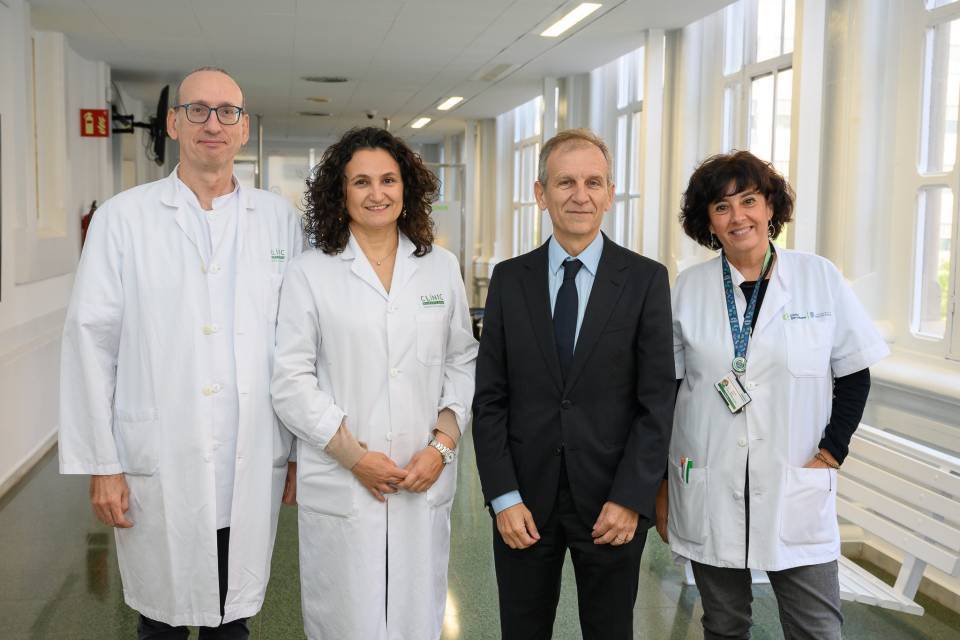Substantiated information by:

Antoni Vilaseca
Urologist
Urology Department

Ascensión Gómez Porcel
Nurse
Urology Department

Izaskun Valduvieco
Radiation oncologist

Meritxell Costa
Urologist
Urology Service

Oscar Reig Torras
Oncologist
Oncology Service

Pilar Paredes Barranco
Nuclear medicine

Rafael Salvador
Radiologist
Published: 6 May 2019
Updated: 6 May 2019
The donations that can be done through this webpage are exclusively for the benefit of Hospital Clínic of Barcelona through Fundació Clínic per a la Recerca Biomèdica and not for BBVA Foundation, entity that collaborates with the project of PortalClínic.
Subscribe
Receive the latest updates related to this content.
Thank you for subscribing!
If this is the first time you subscribe you will receive a confirmation email, check your inbox
An error occurred and we were unable to send your data, please try again later.
